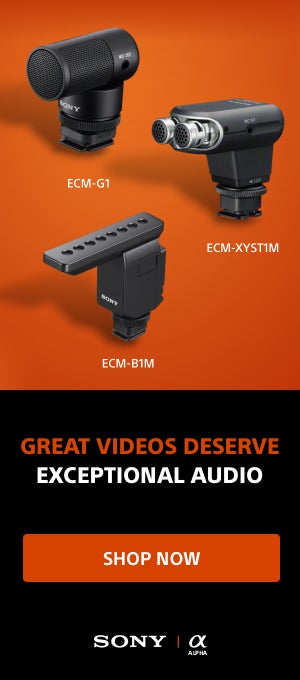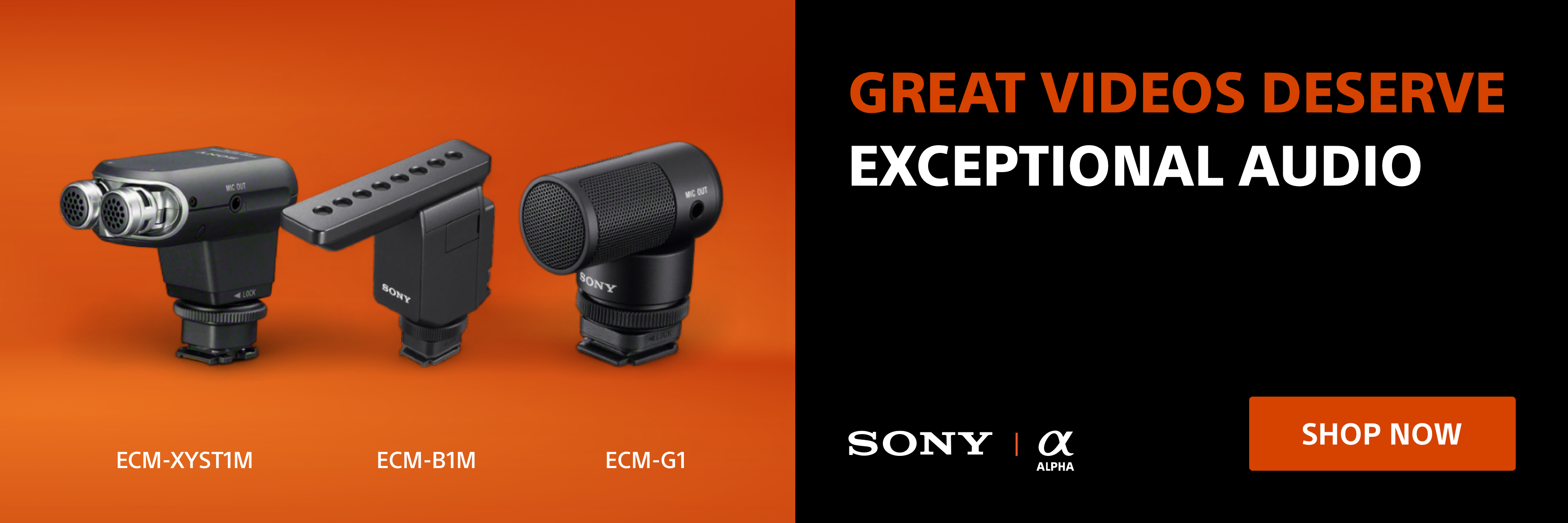When an assignment requires travel outside the United States there's a little bit of extra planning involved. One may be tempted to think a drive across the border is the same whether it’s for business or pleasure, but rest assured that Customs agents see those trips very differently.
Let’s start with a caveat: any country’s rules may differ from the general guidelines laid out here, so you’ll be best served by checking Customs policies for the country to which you’re traveling. Do this well in advance of your trip to determine any special requirements that could otherwise hold you up. The U.S. State Department has great information on travel requirements listed by country at its website travel.state.gov. Here’s how the process typically works when it comes to the two most important things you’ll be traveling with: your equipment and yourself.
For Gear: Carry A Carnet
Frequently worth several thousand dollars, a photographer's equipment may be mistaken for products you’re intending to export for sale. When returning to the U.S. it may instead be mistaken for equipment that was purchased while you were abroad and therefore subject to taxes or tariffs. The tool to avoid this is called a carnet. This U.S. Customs document is accepted by 85 countries and it provides an itemized list of the equipment with which you will be traveling. Think of it as a passport for your gear. It’s used to declare to foreign Customs agents that you brought this equipment with you and you’ll be taking it when you leave. The easiest way to apply for a carnet is online at uscib.org where carnets are delivered within one business day.
Is there an alternative to traveling with a carnet? Yes, but it means risking that a Customs agent may want to tariff, tax or, worst of all, seize your equipment. Some photographers say carrying less equipment, particularly if it looks well used, will help signal that whatever the traveler is doing is small potatoes. But ultimately any time you travel without a carnet for your photography equipment you’re taking a risk.
For You: Do You Need A Visa?
Getting your equipment through Customs does no good if the photographer herself gets deported. This is where the client who has hired you to travel abroad becomes pertinent to the visa process. If a U.S. company hires you, for instance, to make a portrait for a U.S. publication, you’ve got little to worry aside from proving that’s the case. But if the company footing the bill is based in the country to which you’re traveling, you will likely need a work permit visa. The general idea being that most countries want to see their own citizens hired first, so you need special permission to work there—or at the very least, a document that proves you don’t need to be taxed on any income you earn while there.
Getting Down To Cases
When you’re traveling for a job like this, you can try to wing it with Customs officials or try not to look like you’re a professional working on a job, but that’s taking a risk. Sony Artisan Michael Rubenstein says that while he’s traveled without the proper paperwork in the past, he prefers to play by the rules because there’s so much at stake.
"A carnet is basically insurance,” he says. "It depends on what country you’re going to and how much you’re bringing with you, but it can get really sketchy. When I moved to India several years ago I didn’t know what a carnet was and I showed up with eight cases of equipment. There were some tense moments at the airport getting into the country. I talked my way through it, but they were absolutely within their rights to seize all of it. I only got out of it because I was really friendly and it was really late.”
Getting Paid
One more thing: it can be incredibly helpful to understand how local customs—meaning cultural practices, not border guards—can impact your trip not only while you’re on assignment but when it’s time to come home. For instance, when Sony Artisan Patrick Murphy-Racey recently traveled to Singapore he was surprised when his client handed him a hefty stack of cash.
“Everything in Singapore is very relaxed when you get to Customs,” Murphy-Racey wrote from Singapore. “I feel like the real potential for an issue will be returning to the States today. One of the traditions they have in Singapore is to pay freelancers like me in cash. They handed me an envelope with several thousand dollars inside. While it’s under the $10,000 flag in the U.S. I’m betting they are going to ask some questions. Hopefully it won’t result in my first ever cavity search.”
Not only did Murphy-Racey avoid an uncomfortable search, Customs agents didn’t inquire about the cash. Rumors abound that it’s illegal to carry more than $10,000 in cash when traveling into the United States, but in fact there is no prohibition. What there is, however, is a requirement to declare sums greater than $10,000—and the expectation that border agents will want to thoroughly understand why you’re bringing a briefcase of cash on your trip.



